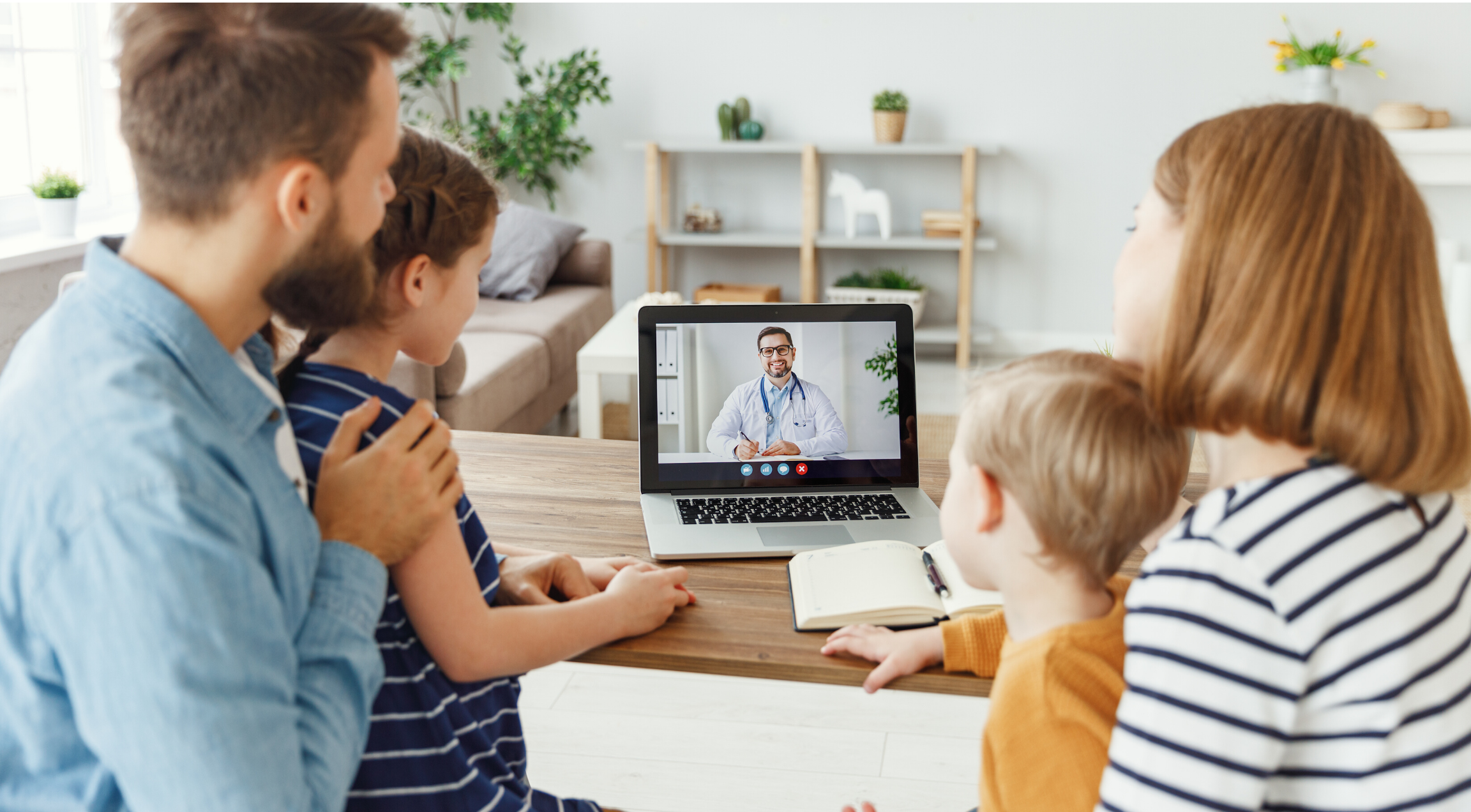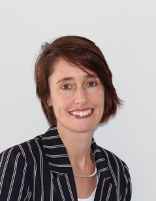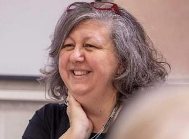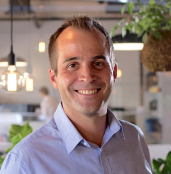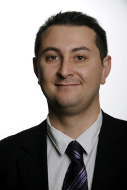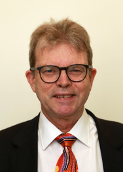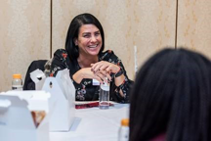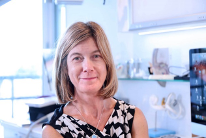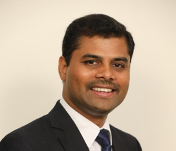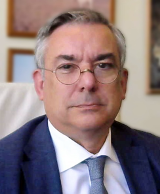The need to maintain social distancing during the pandemic has required clinical services to restrict ‘face to face’ contact episodes and thus remote care may become a necessity. We begin with the patient experience and then draw on the field of remote hearing-aid fitting prior to considering clinical experience with cochlear implants. Could intraoperative cochlear neurophysiology inform this approach? We will then consider how the domain of artificial intelligence could be transformative in enabling the wider adoption of remote care.
Watch the presentations from this webinar here.


